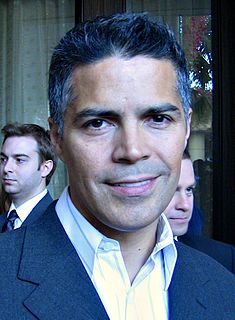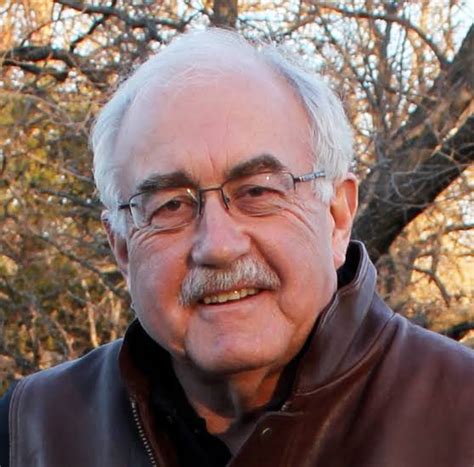A Quote by Henry Louis Gates
So when you do your family tree and Margaret Cho does hers, and... Wanda Sykes and John Legend... we're adding to the database that scholars can then draw from to generalize about the complexity of the American experience. And that's the contribution that family trees make to broader scholarship.
Related Quotes
When you hear "Seinfield," no one says, "the Jewish comic." You talk about Cedric the Entertainer, you don't say, "African American comedian Cedric the Entertainer." Even Margaret Cho - who's like one of three Korean performers out there - no one refers to her like that. They say, "It's Margaret Cho."
No matter your situation, you can make family history a part of your life right now. Primary children can draw a family tree. Youth can participate in proxy baptisms. They can also help the older generation work with computers. Parents can relate stories of their lives to their posterity. Worthy adult members can hold a temple recommend and perform temple ordinances for their own kin.
But it can also happen, if will and grace are joined, that as I contemplate the tree I am drawn into a relation, and the tree ceases to be an It. . . . Does the tree then have consciousness, similar to our own? I have no experience of that. But thinking that you have brought this off in your own case, must you again divide the indivisible? What I encounter is neither the soul of a tree nor a dryad, but the tree itself.
Television's contribution to family life has been an equivocal one. For while it has, indeed, kept the members of the family from dispersing, it has not served to bring them together. By its domination of the time families spend together, it destroys the special quality that distinguishes one family from another, a quality that depends to a great extent on what a family does, what special rituals, games, recurrent jokes, familiar songs, and shared activities it accumulates.
I would like to see ... an entirely different procedure which is that we vote on the budget and decide how much we are going to spend, first, the way any family does, and then fit our priorities into what we think we have to spend. Instead, what we do, is to do it incrementally, starting at the bottom, adding and adding and adding. ... Until we get the support of all the authorities in this House to decide, first, what we think this country can afford and then decide where the amount is going to be allocated, we will never have common sense in this House.


































